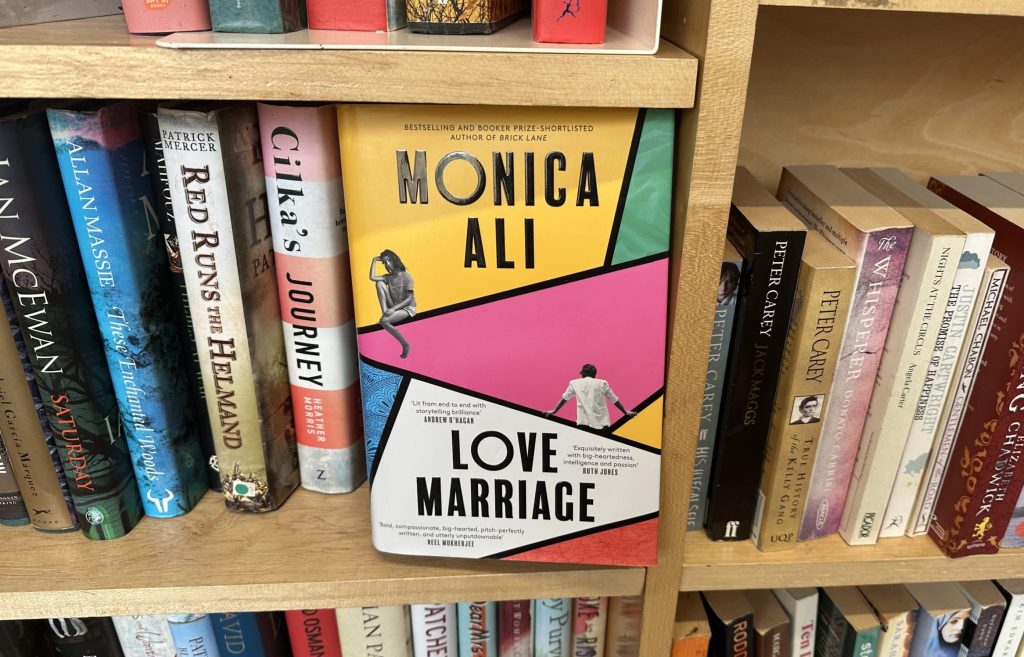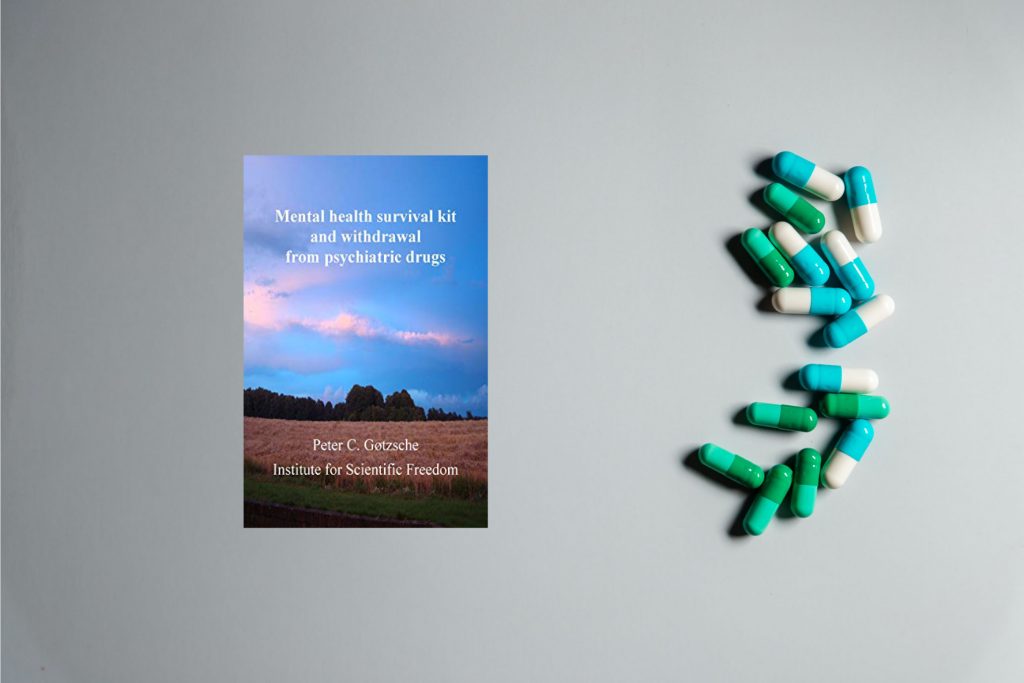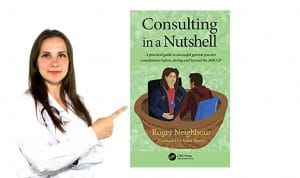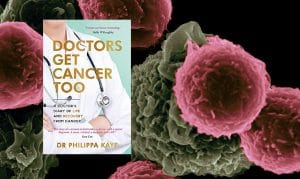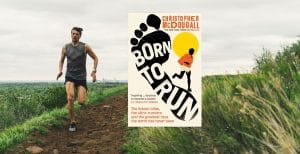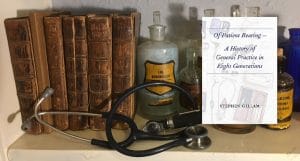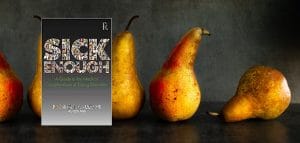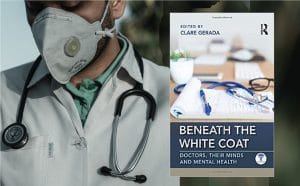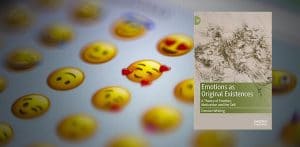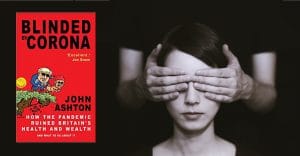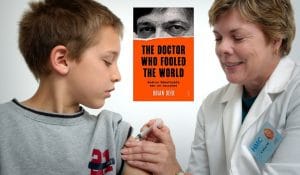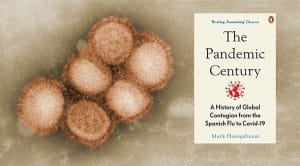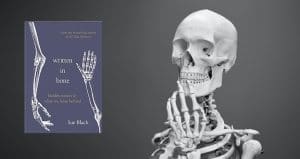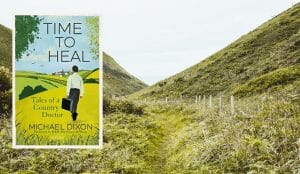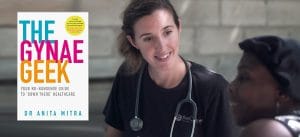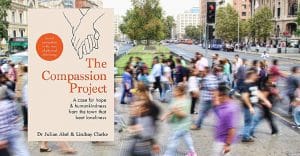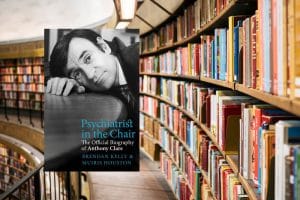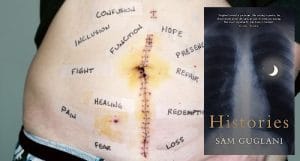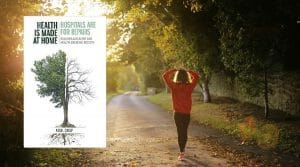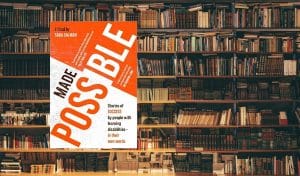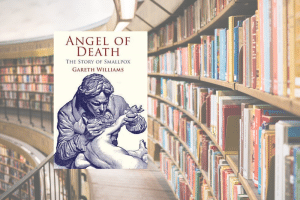10 years was the gap Monica Ali took between her last novel and the release of Love Marriage in 2022. Ironically, this is the same amount of time it would take to go through medical school and train to be a qualified
Dr Dick Bijl reviews Peter C Gøtzsche's newest book, which claims to be able to "help patients with mental health issues survive and come back to a normal life", exploring in detail the harms of psychiatric medication.
David Jeffrey reviews a novel that paints a picture of the challenges in withdrawing futile treatments.
Those suffering gender dysphoria may easily be caught up and crushed by controversy, only adding to their suffering. Peter Misselbrook reviews a book that that tells the story of one family's journey, and asks whether we may be part of the problem
The news is out - Roger Neighbour has written a new book that encourages us to consult with others in the way we would want others to consult with us. Peter Aird heartily recommends this book.
All of us are likely to be a patient one day and yet doctors often consider themselves immune to cancer. Sarah Invine reviews "Doctors get cancer too" by Philippa Kaye.
In recent times racism and xenophobia have blighted British life. Julian Simpson reviews "Elite Migrants", a book that reminds us of the true place of migrants: at the heart of some of the most essential aspects of our nation's life.
There’s some persuasive anatomical evidence to support the theory that we evolved to be runners. Maybe more of us should try it? Victoria Hodges review a classic.
According to the NSPCC most child sexual abuse in the UK isn’t reported, recognised or prosecuted. In 2020 there have been fewer opportunities for the signs to be spotted. Katie Barnett helps us to understand the devastating consequences of child abuse in
"For those embarking on new fellowships, The Leadership Hike will provide a valuable reference source" — Prof Joanne Reeve reviews The Leadership Hike by Amar Rughani and Joanna Bircher, a new insightful book exploring the role of leadership in primary care, and
Patients do not experience epilepsy as "just another illness". Graham Cooper reviews a book by Professor Ian Bone that helps us to understand epilepsy both a disease, but also as a patient's lived experience.
Raj Khanchandani reviews a book describing a family of eight generations of GPs. Quite a history, with some surprising parallels for us today.
Gavin Francis ia a GP and the best selling author of "Adventures in Human Being". Fiona Baskett reviews his latest book - just what we need to escape from the grim world of 2020.
On Boxing Day Serena Strickland reviews a book about the management of eating disorders.
As doctors we know we are invincible and immortal, and if we're not we'd better hide it. John Spicer reviews Clare Gerada's important new book which looks underneath the white coat to examine what happens to human beings who happen to be
Many of us worry about the world our children and grandchildren will grow up in. Dan Jones reviews a book that tells us that action is better than mere worry.
Our rationality is our core defining human characteristic - right? Maybe not! Christopher Dowrick reviews an important book on the central role of our emotions.
Sati Heer-Stavert reviews a somewhat graphic Graphic Novel and draws some surprising conclusions....
Martin Edwards and Anjna Harrar review this polemical but important book. It is devastatingly critical of the government, its advisors and Public Health England in its analysis of the early months of the COVID-19 crisis in Britain.
A New Indian Express editorial read “Can one person change the world? Ask Andrew Wakefield”. Peter Lindsay reviews "The Doctor who fooled the world" by Brian Deer Scribe, and reflects on the damage caused by Wakefield's career.
Bill Reith reflects on a hundred years of "Panic, Hysteria and Hubris" as he reviews this timely book.
"The Virus" sets out to provide answers to the key question, “It’s 15,000 times smaller than a flea and we can kill it with a bar of soap – so how did a tiny, fragile virus change the world?” Lesley Morrison reviews
There has been an increasing awareness of the toll that medicine takes upon the mental health of NHS staff, especially GPs. general practitioners. Paul Main reflects on a novel that depicts mental illness - and healing.
Fiona Baskett reviews a fascinating and highly acclaimed book by a forensic anthropologist.
Richard Churchill reviews a remarkable memoir from a remarkable doctor. Don't expect comfortable nostalgia!
Phanida Fung finds that "as a female GP, gynaecological problems are the number-one topic my non-medic friends seek advice for. However, help is here." Phanida reviews "The Gynae Geek" by Anita Mitra.
Might a better understanding of the history of medicine and an evolutionary perspective of disease actually improve our medical practice? Pearce Cusack reviews "Scattered Limbs: A Medical Dream-Book" by Iain Bamforth.
Why is the injustice of racism still an open sore in western culture? Paul Main takes our exploration forward with his review of two forceful books.
Loneliness is a serious public health challenge facing the UK. David Jeffrey reviews a book describing the impact of an innovative community project in Somerset.
Fiona Baskett reviews the soon to be released 'Psychiatrist in the Chair: The Official Biography of Anthony Clare', detailing the life of Anthony Clare (1942–2007), one of the leading psychiatrists of his generation.
The dedication and humility of NHS nurses, porters, doctors, switchboard operators, medical students and secretaries has never wavered for the past seventy-two years. This book review by Fiona Baskett reminds us that whether giving or receiving care we all have our vulnerabilities.
“Health is made at home, hospitals are for repairs: building a healthy and health-creating society” is a radical book from the global health leader and former chief executive of the NHS. Rather than “prescribing” or telling people what to do, we should
Made Possible details the appalling historical mistreatment of people with learning disabilities, as well as the challenges faced today. Salman reflects on the empowerment and the personal achievements she witnessed when her sister was well supported, and the uphill struggle to try
Angel of Death by Gareth Williams provides a very comprehensive history of smallpox and vaccine development, which has parallels with the current COVID-19 pandemic.
Dr Amanda Brown traded her relatively comfortable life in a village surgery for life in some of Britain’s most notorious prisons. However, The Prison Doctor is not just a description of how her two worlds differed.

